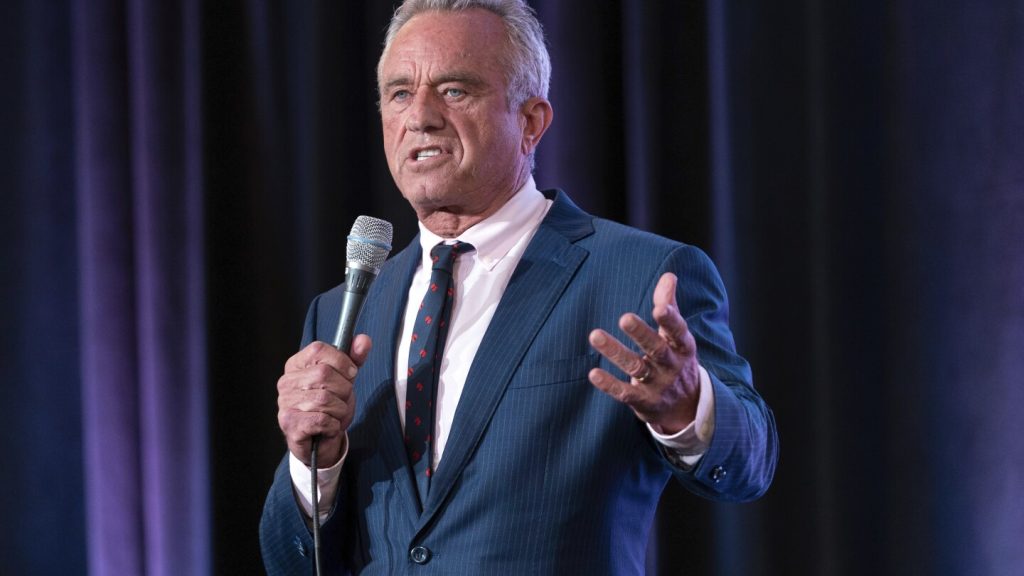Kennedy’s defense of Confederate statues comes at a time when the country is grappling with issues of racial inequality and reckoning with its history of slavery and segregation. With the upcoming 2024 election, his controversial statements have the potential to divide voters and create further tensions. His stance on preserving Confederate monuments is seen as a rejection of efforts by activists to remove symbols of racism and oppression.
As an independent candidate, Kennedy is positioning himself as a champion of free speech and a maverick willing to challenge the status quo. However, his comments on Confederate statues have drawn criticism from both sides of the political spectrum, with allies of Joe Biden and Donald Trump expressing concerns about his impact on the election. Kennedy’s refusal to align with either major party may make him a wildcard in the race, with the potential to draw support from disaffected voters.
The debate over Confederate monuments has been ongoing for years, with activists calling for their removal due to their association with slavery and the Confederacy. Kennedy’s defense of figures like Robert E. Lee as “heroes” with “extraordinary qualities of leadership” has sparked further controversy and reignited discussions about how the country should confront its past. Kennedy argues that erasing history is not the solution and that celebrating the good qualities of historical figures, even if they had flaws, is important.
Kennedy’s comments have reignited discussions about how the country should remember its past and confront its legacy of racism. By defending Confederate statues and honoring leaders from the Civil War, Kennedy is challenging the prevailing narrative that these symbols represent oppression and white supremacy. His insistence on celebrating the positive attributes of historical figures, even those with problematic legacies, reflects a broader debate about the complexities of history and the need to acknowledge both the good and the bad.
As the 2024 election approaches, Kennedy’s statements on Confederate statues and his refusal to align with a political party are likely to shape the political landscape. His unorthodox campaign strategy and willingness to take controversial positions have set him apart from traditional candidates. While some view his remarks as a defense of free speech and historical preservation, others see them as tone-deaf and insensitive in light of current conversations about racial justice and equality. Ultimately, Kennedy’s stance on Confederate monuments may be a defining issue for his campaign and could have far-reaching implications for the election.















